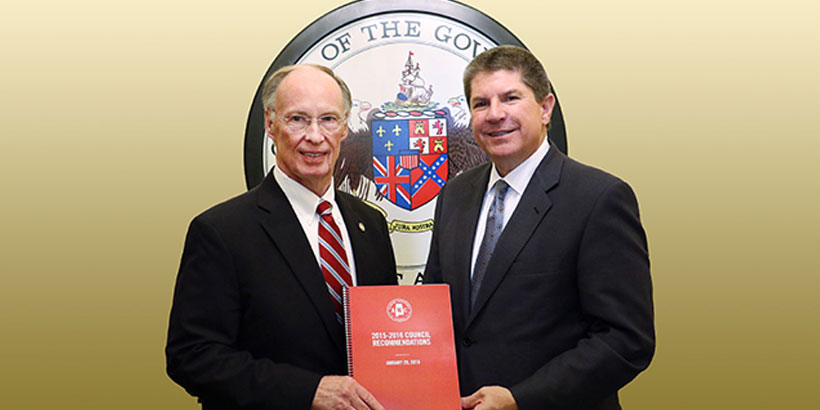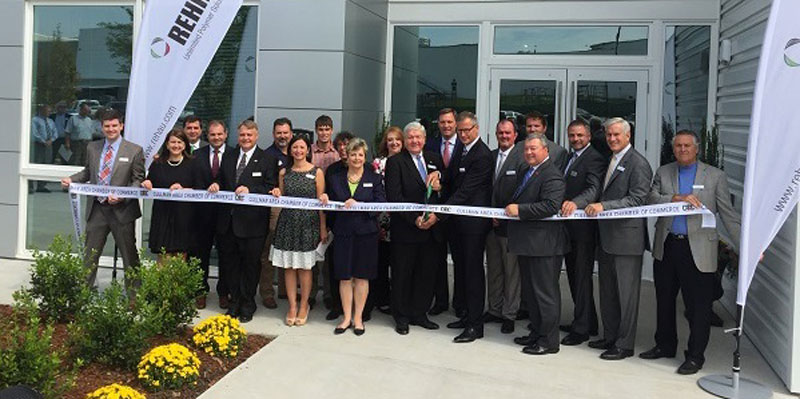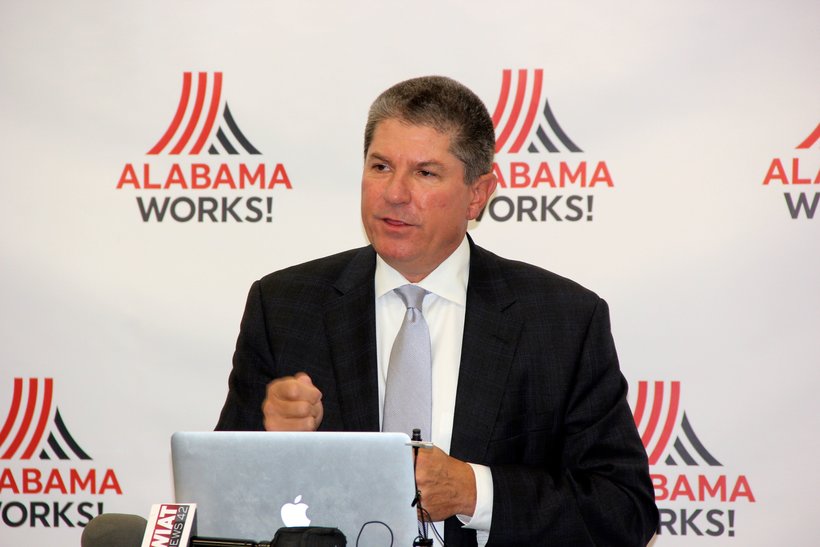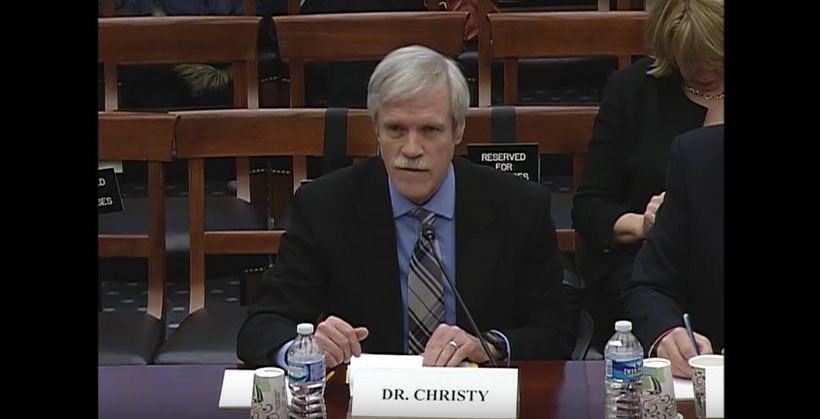
By Michael Sznajderman
The Alabama Workforce Council formally presented its latest recommendations to Gov. Robert Bentley this week, capping months of work and research aimed at better preparing Alabama’s workers and students for a competitive, global economy.
In January 2015, the 40-member advisory council presented its first findings and recommendations to the governor, which included expanding funding for career coaches at public high schools; streamlining the coordination and management of the state’s workforce development programs; reviewing the structure of the state’s Workforce Investment Boards and Regional Workforce Development Councils; and creating a more data-driven process for measuring the effectiveness of workforce initiatives.
Since then, expanded career coach funding has allowed the state to almost double the number of career coaches – from 36 to 68. State lawmakers also approved the consolidation of the state’s workforce development operations into the new Workforce Development Division within the Department of Commerce. They also established an independent governing board for Alabama’s community colleges, which is expected to help improve workforce development efforts.
RELATED: Alabama Workforce Council takes aim at labor force challenges
In its latest, 52-page report, the Alabama Workforce Council puts forth additional recommendations, including:
• Funding an additional 12 career coaches – which would allow every public high school in the state to have a career coach on campus at least one day per week.
• Realigning the state’s Regional Workforce Development Councils with the efforts of local community colleges to better meet the workforce needs of local businesses.
• Creating a “one-stop” online resource to improve access to workforce development resources and data, and to better connect business, government, education and public users.
• Developing a new, “unified and universal brand” for the Alabama workforce system that would complement the efforts of the state’s workforce development partners.
“This report is the product of a year of hard work …” Zeke Smith, executive vice president of Alabama Power and chairman of the Alabama Workforce Council, said in a letter submitted to the governor on behalf of the council. The letter was signed by Smith and Council Vice Chair George Clark, president of the advocacy organization Manufacture Alabama.
Other members of the council include a broad spectrum of education, business and industry leaders, as well as current and former state policymakers and elected officials.
“Each member has been engaged in conversation, research, and deliberation among themselves and industry and education experts to develop recommendations with the goal of improving educational outcomes and promoting workforce and economic development,” the council’s letter stated.
The council is expected to continue working, with a focus on ensuring “… all Alabamians are college and career ready and that our workforce development programs are meeting the state’s most pressing needs,” the letter said.













